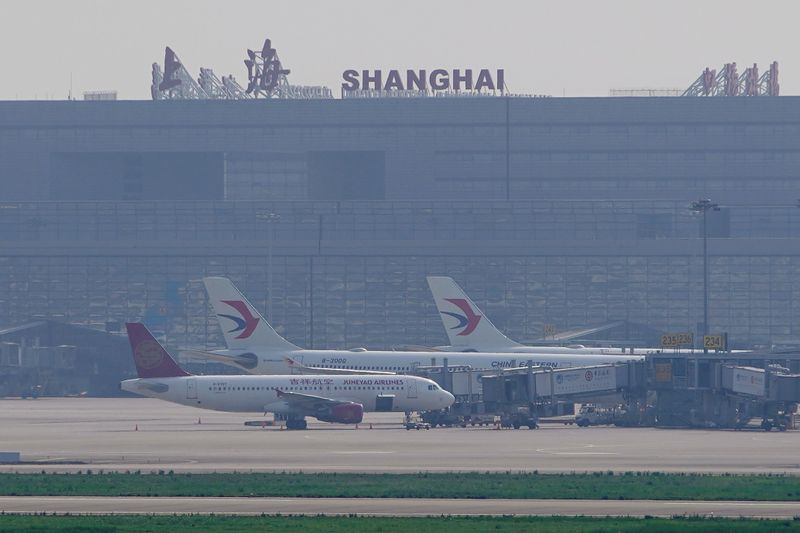BEIJING/SYDNEY (Reuters) - Chinese airlines will apply a fuel surcharge to domestic routes from Friday for the first time in more than two years as oil prices surge.
The move comes as oil benchmarks trade close to their highest levels in years. Brent crude is now trading over $80 a barrel, up from about $20 a barrel hit during the early days of the COVID-19 pandemic.
The fuel charge also comes with carriers facing already-poor domestic travel demand as China battles the latest COVID-19 outbreak, which has spread to a large swathe of the country.
China's three biggest airlines last week posted wider quarterly losses than in the previous quarter as the resurgence of local COVID-19 cases drove the sharp decline in domestic travel, with international borders still closed.
China Eastern Airlines (NYSE:CEA) said on Thursday that it would begin charging 10 yuan ($1.56) per passenger for shorter routes of less than 800 kilometres and 20 yuan for longer routes of more than 800 kilometres.
Air China (OTC:AIRYY), China Southern Airlines and smaller counterparts, have announced similar surcharges in recent days.

They scrapped fuel surcharges for domestic flights in January 2019, after oil prices dropped, which pushed fuel purchase costs to below a government-set level.
($1 = 6.3937 Chinese yuan renminbi)